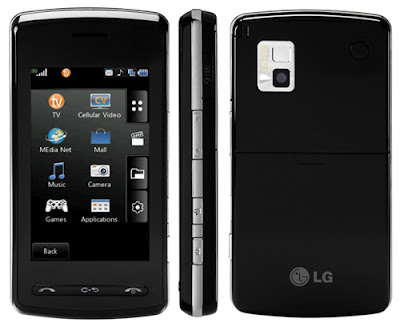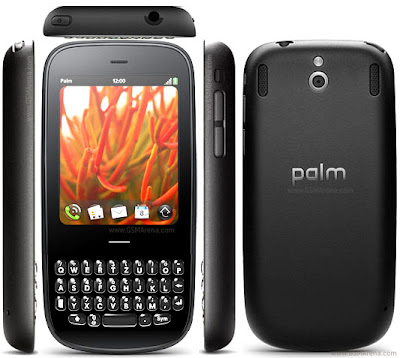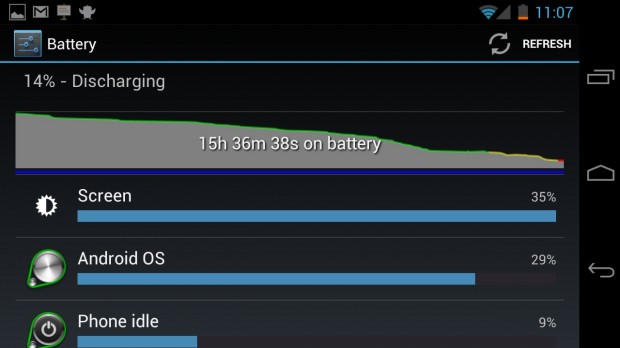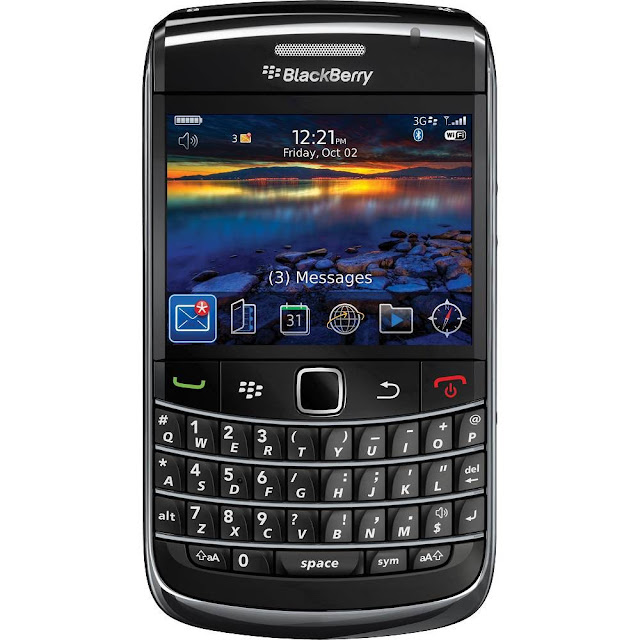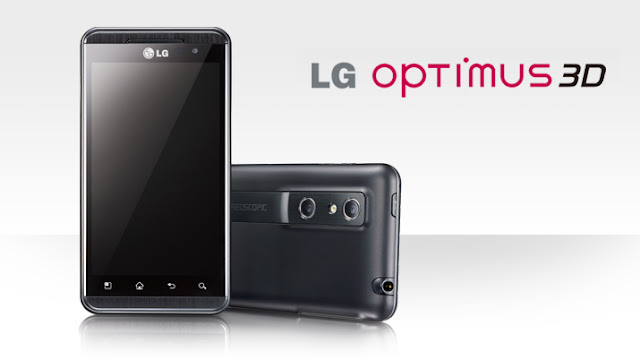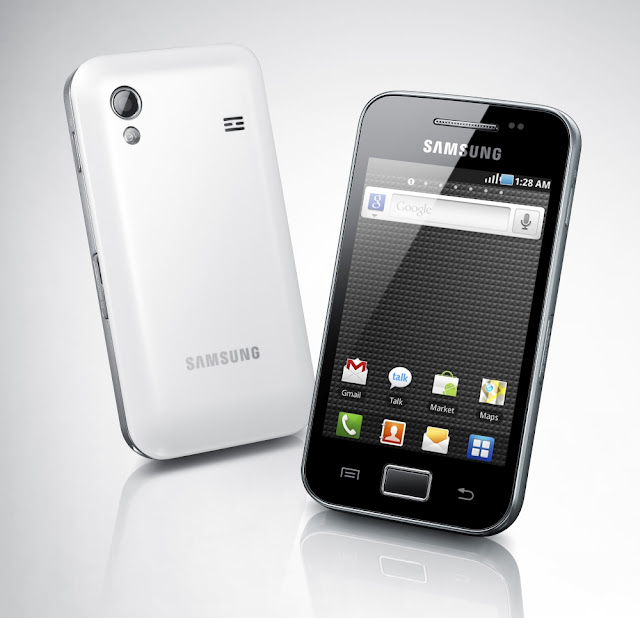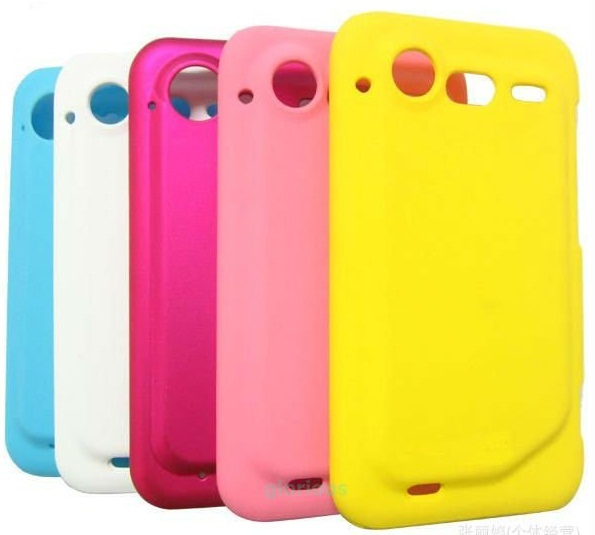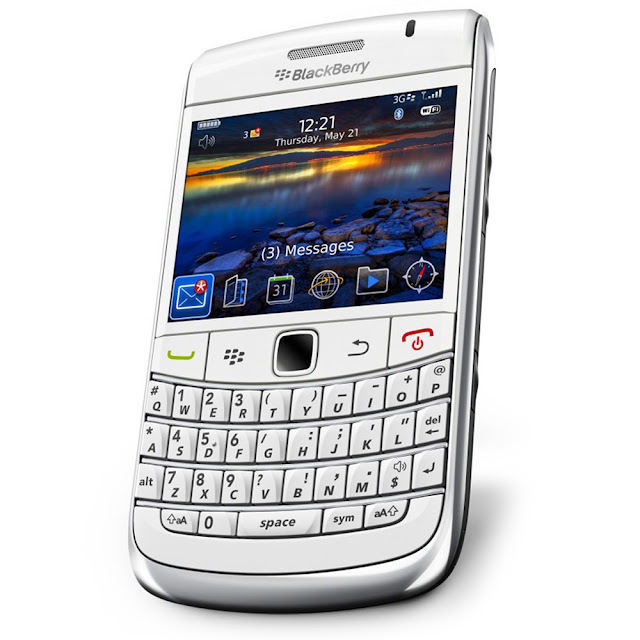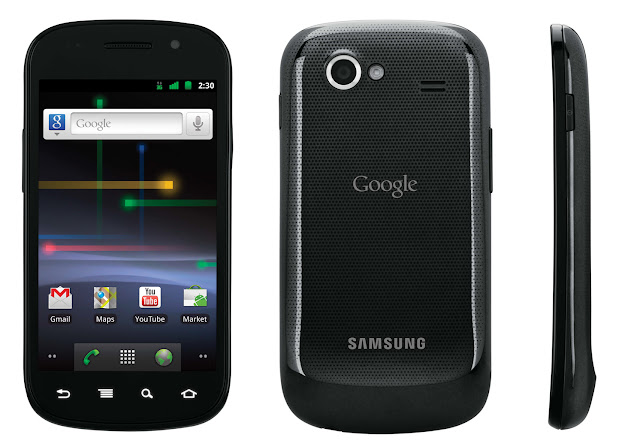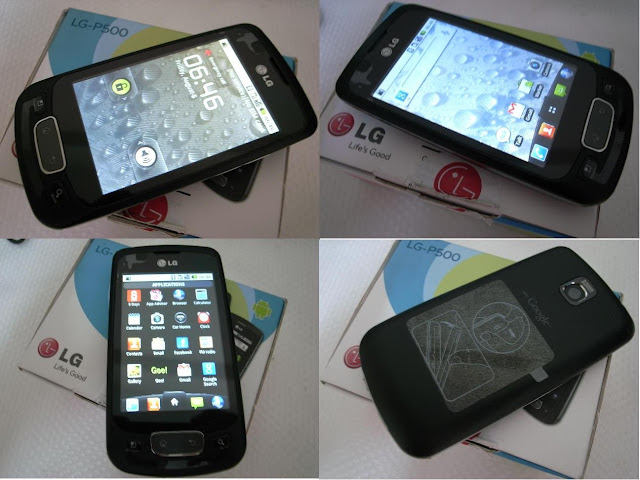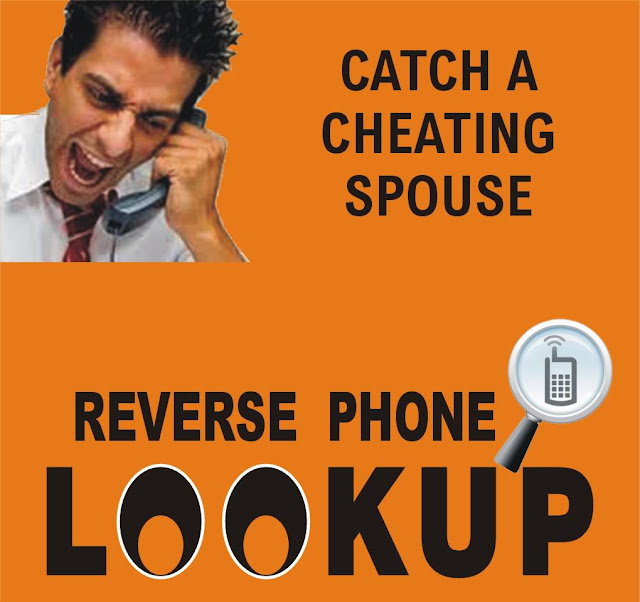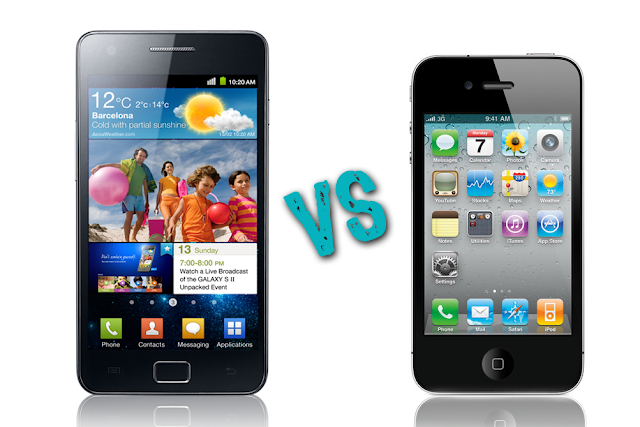The Nokia N8 GSM Smartphone offers quite it a bit in a very neat package at 7.7 inches by 7.3 inches by 1.4 inches thick, yet weighing only 4.76 ounces. Into this modestly sized package Nokia has not only managed to squeeze a smartphone, but also a high-resolution 12MP camera with 3X zoom, as well as a front-facing VGA-compatible (640 x 480 resolution) lens for videoconferencing. The key issue here, though, is it is only compatible with AT&T and T-Mobile networks as it is a quad-band - 850, 900, 1800 and 1900 MHz - phone that is GSM-capable. It is advertised as 3G network compatible in the 850, 900, 1700, 1900 and 2100 MHz frequency bands via UMTS/HSDPA and GPRS. It is not compatible with CDMA nets offered by Sprint or Verizon.
Interestingly, while the world of the smartphone seems to be rapidly moving toward the Android operating system, the N8 is moving to the beat of its own touchscreen as it uses a high-speed processor and the Symbian operating system (a version of Linux) and Ovi products. Nokia claims that using Symbian and Ovi apps, as well as its browser enhances its speed and while it does to a degree, it is still a limiting factor. Where the Android world offers 200,000 free apps or more, the Symbian world is still running far fewer. At last report, it was in the thousands, although one can create a widget via the N8 with apps available only from the Ovi store.
The N8 is tightly integrated with social networking and offers instant access to Facebook, Twitter, and other social media sites as well as with major email systems. It offers built in POP and IMAP capability which means that one can set up and receive mail from any network-capable system that supports either standard. For example, Outlook, Gmail, Mail Exchange are supported as are the texting features of Gtalk (Google Talk), AIM, Yahoo and Messenger.
Indeed, the N8 sometimes seems as if it really does not know what it wants to be, tightly linked to Ovi as it offers linking to its calendar/planner and allows the information to be transferred to other network-based systems, while, at the same time it supports Flash Lite 4.0 (Flash 10 sites are recognized) as well as Microsoft's OpenGL graphics ability. It also supports Microsoft's.doc,.xls,.ppt and HTML, so it recognizes a variety of both proprietary and open standards.
The built-in browser supports fast access to websites as the N8 operates in parallel mode, while other phones operate in more asynchronous modes (one datagram follows another versus a flow of datagrams down several paths in parallel). Parallel model does speed processing and offers the N8 offers one a choice of three separate screens, while supporting touch mode or pinch and squeeze image expansion.
If it seems as if the N8 is all over the place, consider that it offers a wide variety of digital audio modes include MP3, WMA, AAC, eAAC, eAAC+, MP4/H.264 and 3GPP video. And, it offers streaming television mode ability as it interfaces with WebTV services that include news, entertainment channels, CNN and even E! Entertainment and the Paramount site directly. It also offers radio capability and the ability to transmit music to an FM receiver.
The N8 could be the heart of a home theater system as it features Dolby Surround Sound ability and HDMI outputs to any high-definition device. It also offers up-to-date Bluetooth 3.0 sync capability so you can not only sync your PC and your phone, but you can also sync other devices to your phone.
The N8 also offers built-in GPS capability with A-GPS support and with the proper widget or app installed one has a full navigation device available.
Featuring tilt sensors, the N8 also operates in native 720 HD mode with a 16:9 aspect ratio that is compatible with high definition video. The AMOLED touchscreen is sensitive and features, as noted, touch, pinch/squeeze or swipe modes.
The Nokia N8 is quite an ambitious device into which you can install up to 32 GB memory through microSD cards. The only drawback in its openness as a device is that when you settle on a provider you will still have to use a SIM card, while other smartphones do not need it.
Still, for someone looking for a device that is not a tablet and not a netbook, but offers high-speed networking and hotspot recognition and multiple output modes, the Nokia N8 should be seriously considered.


















